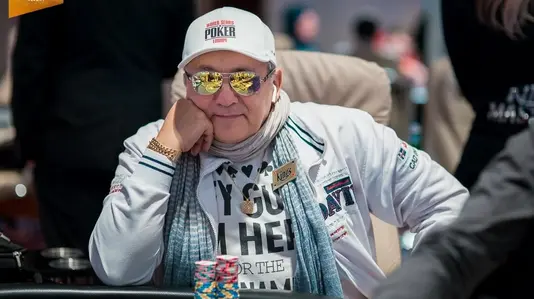Hello Ivo, Could you tell me how did you do in the WPT Prime Liechtenstein tournament?
I started the second day with an average stack, but in the last 20 minutes, I found myself short-stacked after losing a big pot from big blind versus the small blind, leaving me with just one big blind behind. With three players left to reach the next pay jump, I knew going all-in could end my tournament. So, I played very slowly and used all of my time bank. Just before I was forced into the big blind, three players with much bigger stacks busted, allowing me to secure the pay jump from 32nd to 31st place, which added an extra 1,300 francs to my payout. This was part of my strategy, and I’m happy with my 31st-place finish out of over 1.400 Entries.
Can you tell us a bit about yourself? Who is Ivo Donev?
I’m a professional poker player and coach, working with various software tools such as GTO Wizard, Holdem Manager,HRC,Poker Tracker,Poker Academy and others. During the COVID-19 pandemic, I shifted from live to online poker. So i have to learn, how to count and predict steps. Before the pandemic, I was ranked in the top hundred in all-time number of cashes. I had a lot of cashes in tournaments. This was my job and now I am offering online coaching sessions to my students. So if anybody is interested in you can write me on my facebook ,,Ivo chessmaster Donev “ or Instagramm ,,ivo_donev”
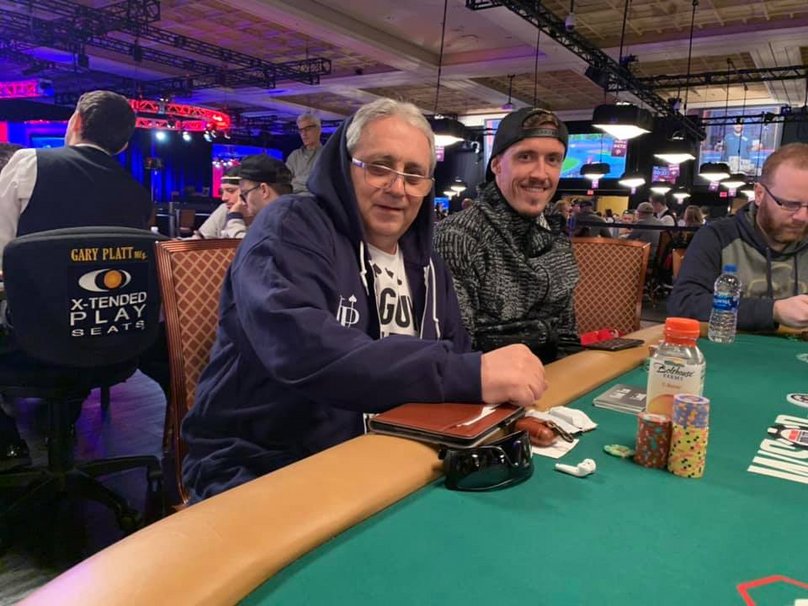
Before venturing into poker, I spent 20 years playing and coaching chess at a high level, including competing in the top Swiss,Austria and German leagues. I was the Swiss Team Champion with The Zürich Chess Club in 1999 and authored a chess book in German ,,Die wichtigsten Ideen im Endspiel“(,,The most iportant ideas in the Endgame“) wich you can buy on Amazon.de. My experience in chess greatly influences my approach to poker.
Why did you transform from chess to poker?
While chess is a great mental exercise, it offers limited financial rewards compared to poker. 30 years ago, I was the third-best chess player in Austria and played for various teams to earn money. In chess, only about the top 50-60 players in the world can make a living, but in poker, even the top 10,000 players can earn money. For the same effort, poker offers greater financial rewards, so chess has become more of a hobby for me. I’ve stopped playing in the top leagues and no longer coach chess. Occasionally, I still play to keep my skills sharp.
How has your chess background influenced your poker game?
Chess taught me discipline and patience, which are crucial in poker. Many poker players lack discipline and fall into bad habits, like gambling during breaks, which can negatively affect their game. I have never play anything except chess and poker. Imagine if you loose money during the break, you come back to table and you start to play bad. You became more nervous because you have already lost money during the break.
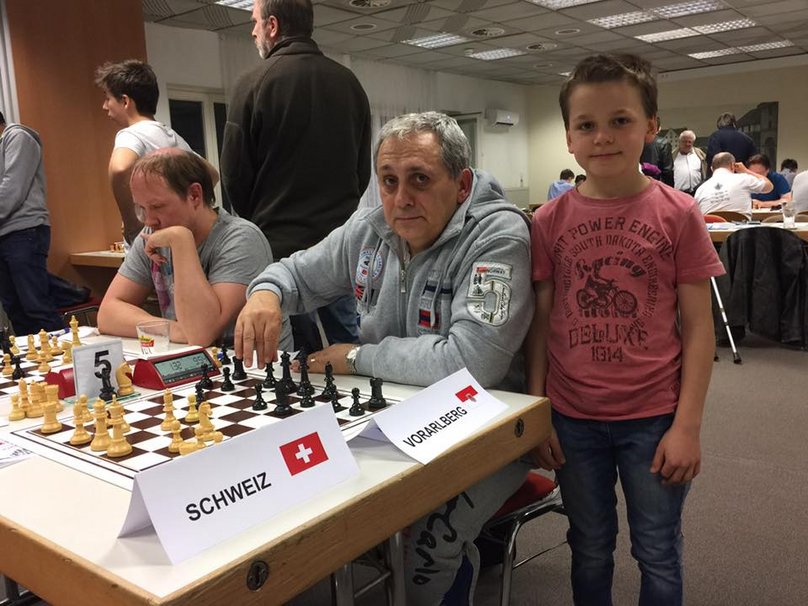
What do you do during breaks to stay focused?
I like to go for a walk, listen to music, meditate, and enjoy nature. Sometimes call with my family, it helps me relax and clear my mind.
What does your typical week look like?
Balancing poker with family life can be challenging. I make time for relaxation and self-care, like visiting the sauna and spending quality time with loved ones. It's essential to manage stress and maintain a healthy lifestyle. But at first place is my family and then poker!
What similarities do you see between chess and poker?
Both games are highly strategic and demand deep thinking. In chess, skill plays a dominant role, with around 97% of the outcome based on expertise and only 3% on luck. Poker, however, has a much larger luck factor-its variable betwen 10% and 50% , which contributes to its excitement. This difference makes poker more accessible and appealing to a broader audience. One of the most interesting aspects is the chance to play with famous personalities. I've had the opportunity to play with the likes of Rene Angelil (Celine Dion husband) Mike Tyson and Matt Damon, and the fact that anyone can win adds to the game's allure. Anyone can join the table.
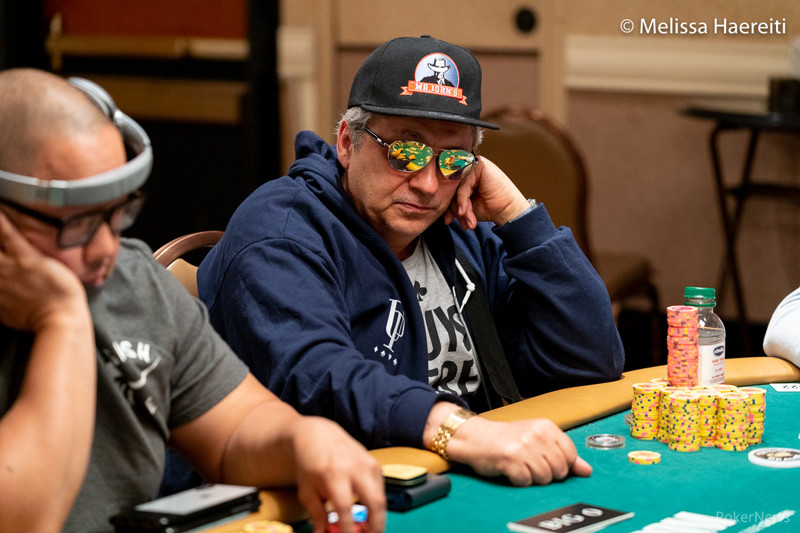
What were your beginnings in poker like??
I began playing poker in 1998 in Casino Bregenz (Austria) but i was not doing well at first. Then i stopped and bought 2-3 books included ,,Theory of poker“ by David Sklansky. When I returned to the game, things changed, and in the year 1999, I began winning. Those books made a big difference. I also began playing small tournaments with around a $100 buy-in and gradually moved up from there.
What is the most important aspect of poker, in your view?
Poker involves a lot of elements that are not immediately visible, requiring players to analyze information and probabilities. It’s like a complex puzzle with many pieces, where success comes from understanding and mastering each piece. I wrote the book about the poker „The most important ideas in Texas Hold´em poker“ in German which is availabale for purchase on amazon.de. As a poker coach i have a training plan with about 40 main topics, cover various crucial aspects of the game including physical and psychical health. I teach in the following languages:German, English, Bulgarian, Russian, Macedonian.
What is the most difficult aspect to learn in poker?
Post-flop play is the most challenging because it requires you to predict your opponent's hand and understand how your own cards interact with the board. You need to anticipate what cards your opponents might have and how your cards fit into the situation. In contrast, pre-flop decisions are relatively straightforward
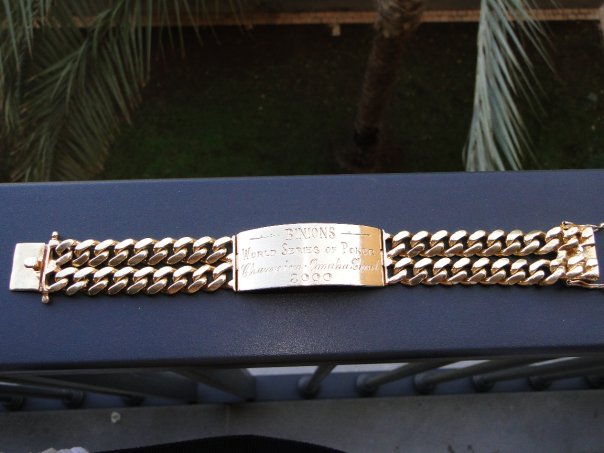
Can you share a memorable achievement in your poker career?
In 2000, during my first visit to Las Vegas, I became world champion in a $1,500 Omaha tournament. I was fortunate, as there were only 145 players in the field. I defeated Thor Hansen, the top player from Norway, in heads-up play, and earned a Gold bracelet —an achievement that remains significant to me.
What was your best result in poker?
In 2017, I reached the final table of a high-stakes event in Las Vegas with a $50,000 buy-in (Event 62), finishing in 4th place in the Poker Players Championship. Competing against Daniel Negreanu was a significant highlight. In 2012 i was selected by GPI (Global Poker Index) for Austria Player of the Year!
What advice would you give to aspiring poker players?
New players should focus on learning and understanding the fundamentals through books, videos, and coaching. Avoid the temptation to rely solely on luck and invest in learning the game thoroughly.
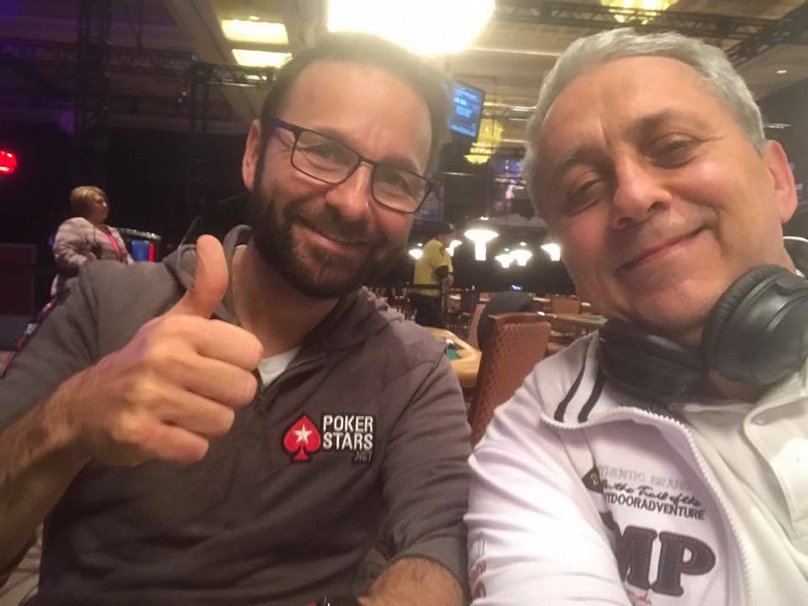
How do you view the role of coaching for new poker players?
Coaching is invaluable for new players. It helps them navigate the vast amount of information and avoid common mistakes. A good coach can provide guidance and accelerate learning, saving players time and money in the long run.
What do you think about the future of poker?
Poker will continue to attract new players due to its blend of skill and luck. While luck plays a significant role, developing skills is crucial for long-term success
Any upcoming events or plans?
Later in September, I’ll be flying to Bulgaria for live coaching from September 17 to 25 in Varna direct on Black Sea. We will have everyday coaching, followed by participation in the Golden Sands poker festival. If somebody is interested you can contact me on my homepage: http://ivodonev.com/kontakt/
Thanks a lot Ivo and good luck in all your activities!


